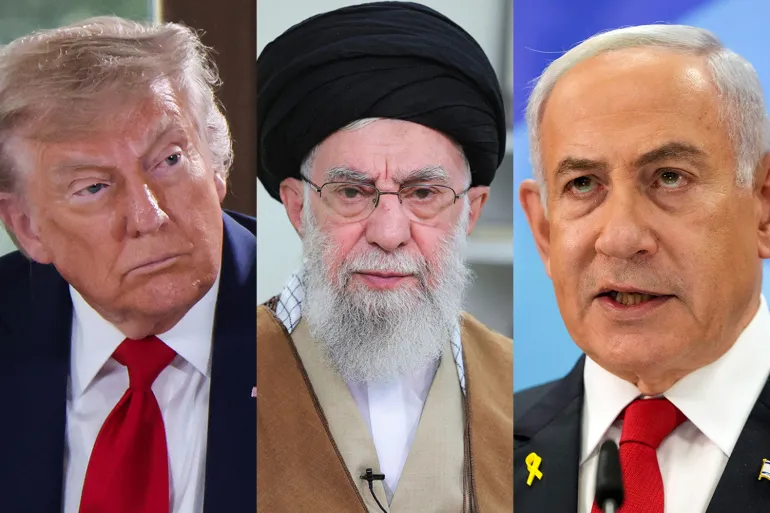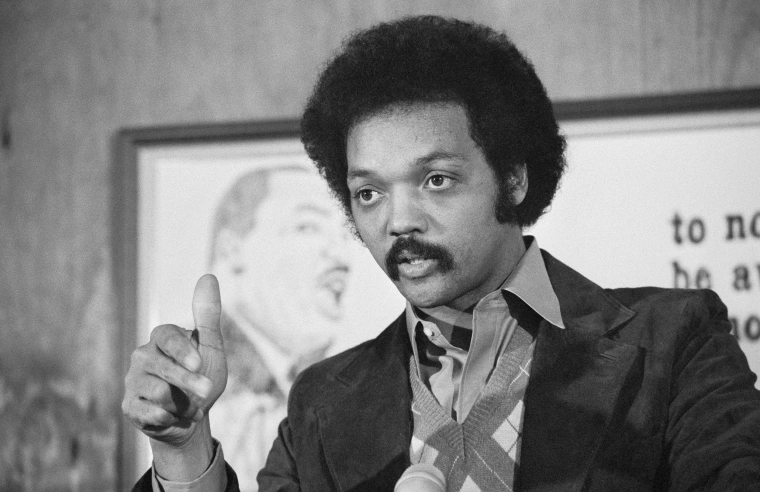A US-brokered ceasefire between Israel and Iran, forged after 12 days of intense conflict, held steady on Wednesday. Both nations declared victory, raising cautious optimism for peace in a region scarred by recent violence.
The truce, mediated by US President Donald Trump, followed his sharp rebuke of early violations, with both Israel and Iran pledging compliance if the other adheres. No missile launches have been reported since, though Israel intercepted two drones, likely Iranian, before they entered its airspace.
The conflict, ignited on June 13 by Israel’s strikes on Iran’s nuclear and military sites, marked an unprecedented escalation between the arch-rivals. Hundreds perished as missile volleys ravaged both nations, with the US joining Israel to target Iran’s nuclear facilities and Tehran retaliating against a US base in Qatar.
Israeli Prime Minister Benjamin Netanyahu hailed the campaign as a historic triumph, claiming Iran’s nuclear and ballistic missile programs were neutralized. “An historic victory had been achieved and the threat posed by Iran’s nuclear and ballistic programs had been eliminated,” he declared in a televised address.
Iranian President Masoud Pezeshkian countered, asserting Israel failed to meet its objectives, though he acknowledged the heavy toll on Iran. “Israel had failed to achieve its goals,” he said, lamenting the “great wounds to our homeland” from lost lives and damaged infrastructure.
Life in Israel began returning to normal, with citizens emerging from bomb shelters after Iranian missile barrages disrupted daily life. Schools reopened for their final week before summer, businesses resumed operations, and Tel Aviv’s beaches buzzed with activity.
The US embassy in Israel announced plans to reopen, signaling restored confidence in the ceasefire’s stability. Airspace disruptions across the Middle East eased, with flights resuming at major hubs like Doha and Dubai, where Iran’s strikes had stranded thousands.
The ceasefire’s success could alleviate aviation chaos, allowing airlines to restore schedules and reduce costly rerouting around conflict zones. This relief is critical for carriers grappling with cancellations and increased jet fuel expenses caused by the 12-day war.
Israel also plans to restart operations at its largest natural gas field, operated by Chevron Corp., which was shuttered as a precaution on June 13. Resumed exports to Egypt could bolster regional energy stability, provided the truce endures.
A key concern is the status of Iran’s underground uranium-enrichment facilities, with conflicting reports on the damage inflicted. Trump disputed a leaked Pentagon report suggesting limited impact, insisting on Truth Social, “The nuclear sites in Iran are completely destroyed.”
The ceasefire’s durability remains uncertain, with the potential for lasting peace hanging in the balance. Continued adherence by both nations could end a devastating chapter, but deep-seated rivalries pose challenges to sustained stability.
For now, the Middle East breathes a tentative sigh of relief as the truce holds. The world watches closely, hoping this fragile peace can pave the way for a more stable future.
























